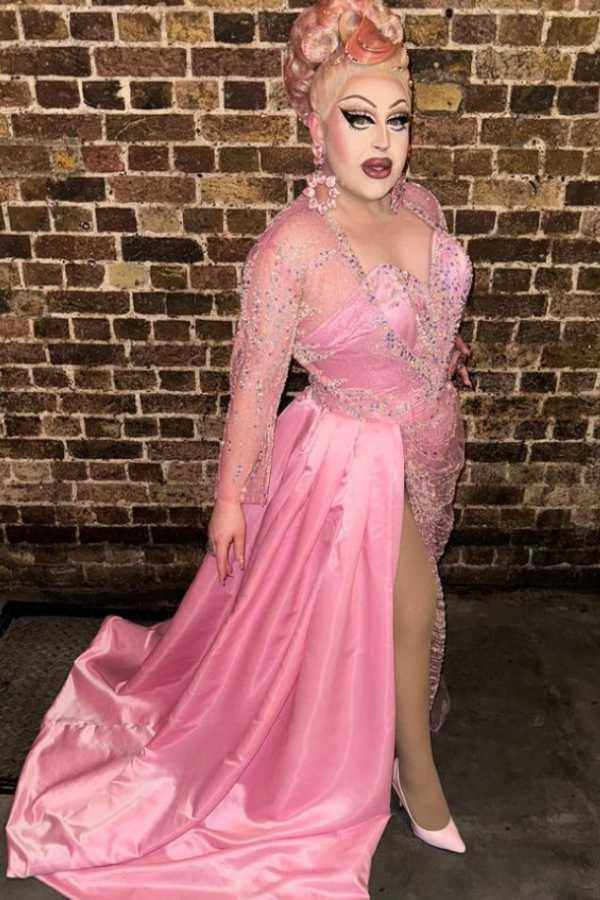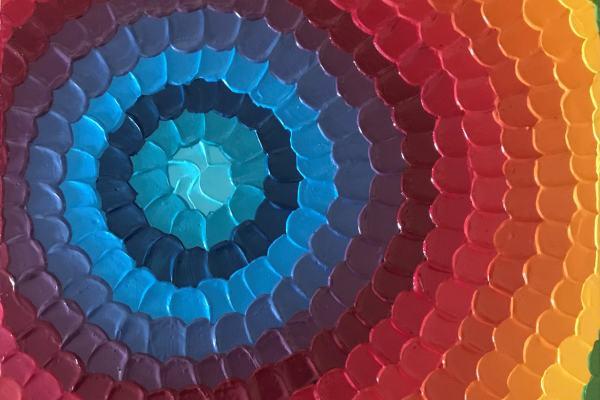Today (15 April) is not only Leonardo da Vinci’s birthday, but as of 2019, it is also World Art Day – a global celebration that honours the contribution of artists and promotes the importance of the arts in our lives.
UNESCO denotes that art nurtures creativity, innovation, and cultural diversity for all peoples across the globe and plays an important role in sharing knowledge and encouraging curiosity and dialogue. Over the years, we can see how art, in all its forms, has become political in nature – a dynamic almost as old as bureaucracy.
These are qualities that art has always had, and will always have should societies continue to support environments where artists and artistic freedom are promoted and protected. Not only does art hold the kernel for change, and inspiration, but it also has the capacity to assist in mental wellbeing.
Dr. Christina Davies, Chief Investigator of the Good Arts, Good Mental Health project based at the University of Western Australia, says “there is much to learn, share, and celebrate on World Art Day.”
“Arts engagement is linked with better mental wellbeing and connection to others. Thanks to artists, arts organisations and the funders that support the arts, our community is provided with activities and events that bring us much joy, happiness, enjoyment, entertainment, and positive shared experiences.”
For World Art Day, people should reflect on who their favourite artists, musicians, authors, drag performers, and art producers are; and the positive impact the arts has on their lives – especially on their mental health and wellbeing.
From Perth, to Sydney, and conquering every city in-between, Australian drag performer Hannah Conda (Season two runner-up of 'RuPaul's Drag Race UK vs The World' and 'RuPaul’s Drag Race: Down Under') speaks on her personal experiences with drag expressionism as art therapy, and the conduit nature of performance and community.

Hannah Conda - Image from @hannahcondaofficial on Instagram
“Drag for me has always been a therapy, and I discovered that quite early on – as I have always experienced depression, but anxiety has been something more recent. I sort of struggled finding an outlet to express those feelings, until I found drag and performing, such as choosing songs to represent how I was feeling in those moments.”
“I used to thrive on heartache and sadness,” Hannah says. “Because that’s where I was, but now I’m feeling a lot better about life, and feeling more inspired. I’m letting my emotions guide me, and that’s been reflected in what I want to perform – I’ve noticed a difference in how I want to express myself.”
“Not only could my art help me release something, but it has also helped other people – and that is my favourite two-fold thing about drag. I love bringing people joy and inspiring their expression.”
Each year, World Art Day helps to reinforce the links between artistic creations, community wellbeing, encourages greater awareness of the diversity of artistic expression, and highlights the contribution of artists.
“You don’t have to be good at art, for arts to be good for you. It’s about having a go and taking part in the arts activities that make you feel good.” Dr. Davies says.
Perth local drag and cabaret performer, Cougar Morrison, weighs in on how drag performance has been part of her personal journey with mental wellbeing. “Drag allows me to champion my femininity that would otherwise be judged so harshly in society. It has improved my mental health and wellbeing, by forcing me to be more courageous, knowing that in drag I am outrageously visible; potentially being a target, but bloody doing it anyway! Drag has taught me just how strong I am.”
No matter how you absorb, ingest, or interact with the arts – as a lover of music, or an artist in your own right – the benefits of the arts are palpable, and provide a balance between sports engagement. Where one nurtures the mind and heart, the other nurtures the body, completing the cycle of balance – which governments and industries tend to lose focus on.
Over the past 12 months, the Good Arts, Good Mental Health project team have worked with more than 3,000 community members on research, confirming that people are keen to learn more about the mental wellbeing benefits of recreational arts.
The research is young, but the project team are seeking viewpoints and engagement from a diverse range of individuals as they look to the future of the initiative.
Free arts resources are available for download from the UWA Good Arts, Good Mental Health website, and more information on how to engage with the research can be found here.
For World Art Day, tag @goodartsgoodmentalhealth on your posts and memories engaging with the arts – from fringe, music festivals, drag performances, cozy reads, or painting with your family!

